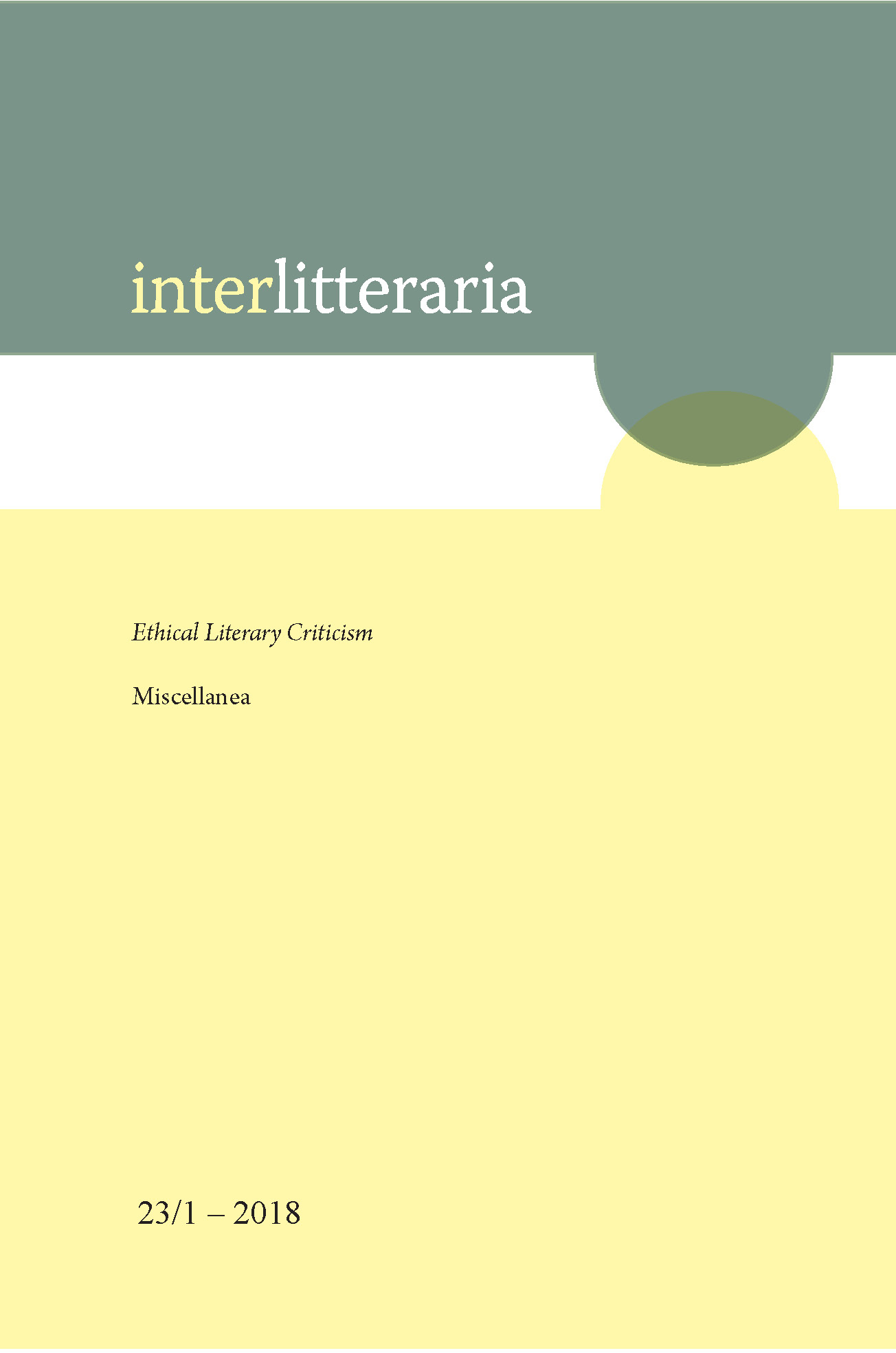Rediscovery of Emotion Coaching
DOI:
https://doi.org/10.12697/IL.2018.23.1.6Keywords:
Ch’ing, Li, Emotion Coaching, Feng MenglongAbstract
The theory of Emotion Coaching was put forward by Feng Menglong in Late-Ming Dynasty. Since Mid-Ming, the cognition of Ch’ing (emotion) has gone through three phases: rediscovery, development, and explanation on the level of the mind. Deeply influenced by Yangming, the theory of Emotion Coaching focuses neither on Ch’ing (emotion) nor on Li (justice) but the balance of the two. That “Ch’ing (emotion) is the basis of Li (justice) and Li (justice) is the criterion of Ch’ing (emotion)” is taken as the tenet of the theory, which means that Ch’ing (emotion) gives rise to moral behaviour and Li (justice) is the standard. The book The History of Ch’ing (《情史》) fully reflects the theory. Separating emotion and desire, Li (justice) is different from Li (rite). The former is based on human nature. Justice and destiny are the two important principles, rather than the political purposes which infuse the latter. The theory of Emotion Coaching is also reflected in the collection of short novels San Yen (“三言”). In the novel, the details of emotion are fantastic, trying to make sense of emotional varieties. Affective and wanton behaviour are shown differently in order to illustrate the discrepancy between emotion and desire. Justice and destiny are also emphasized. Chiang Hsingge Regained His Pearl Shirt (《蒋兴 哥重会珍珠衫) serves as an example here.
Downloads
Downloads
Published
Issue
Section
License
The contents of Interlitteraria are published under CC BY-NC-ND licence.


